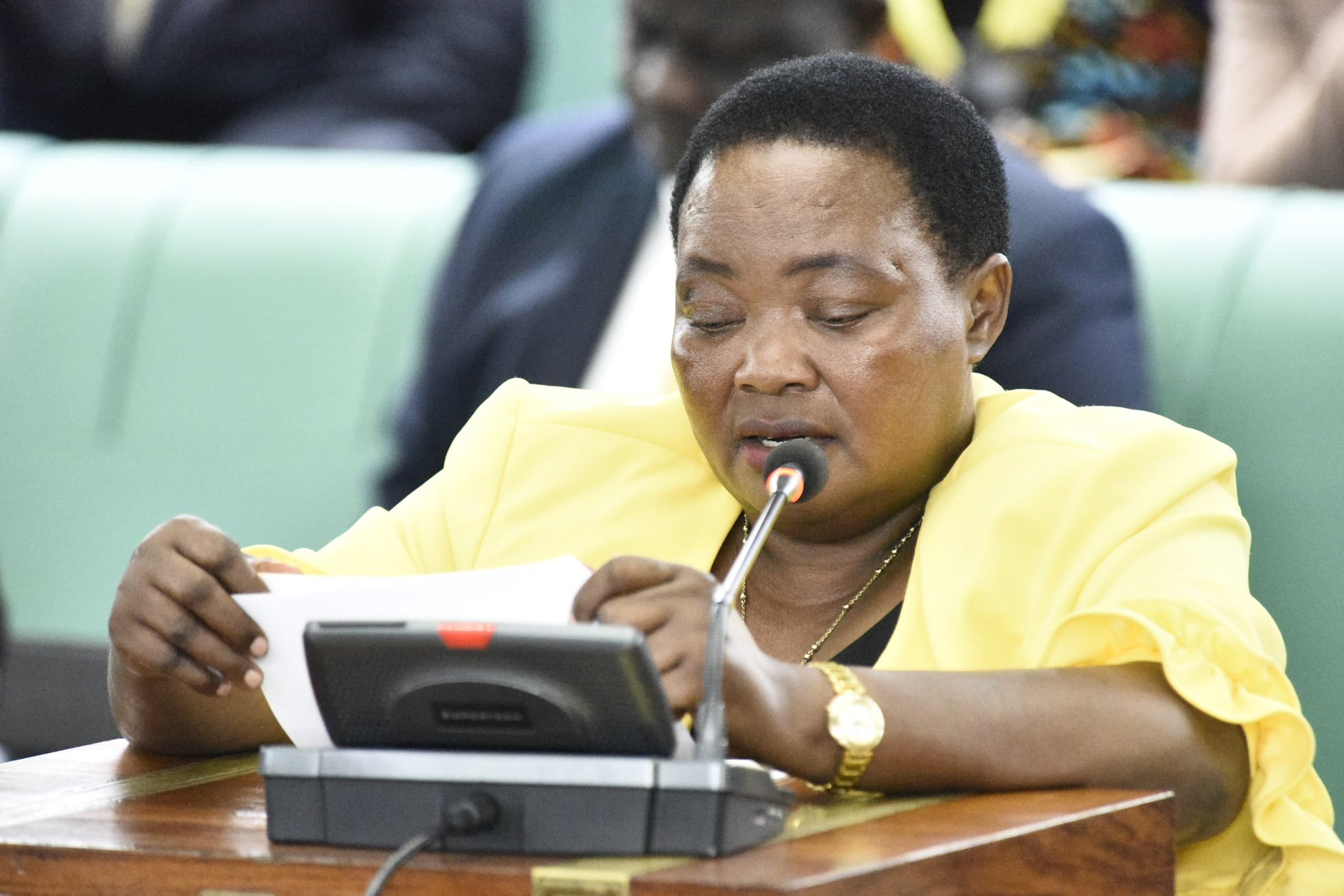Health
Cabinet to Discuss Shs480Billion Gap After U.S. Freezes HIV/AIDS Funding
Prime Minister Robinah Nabbanja has revealed that the Cabinet is set to discuss the Shs480 billion financial gap following the United States government’s suspension of foreign aid for HIV/AIDS treatment and prevention in Uganda.
Her remarks came in response to questions raised during parliamentary plenary by Dr. Abdulhu Byakatonda, the Workers’ MP, who urged the government to outline measures being taken to address the funding shortfall.
“What immediate measures is the government implementing to mitigate the impact of the U.S. funding freeze and ensure uninterrupted HIV treatment for 1.4 million Ugandans? What strategies are in place to prevent job losses or reintegrate Uganda’s 12,551 community health workers whose roles are now at risk due to the withdrawal of U.S. support?” Byakatonda asked.
He further pointed out that Uganda allocates only 6.5% of its national budget to health, making it unlikely that the government will meet its Abuja Declaration commitment to increase health funding to 15%.
“Will the government consider establishing an Emergency HIV Response Task Force, similar to the COVID-19 response model, to mobilize alternative funding sources and sustain HIV services? What is the readiness and strategy to locally manufacture essential medical supplies?” Byakatonda added.
In response, Nabbanja acknowledged that the suspension of USAID funding has significantly impacted Uganda’s HIV/AIDS programs.
“To address this crisis, an additional Shs480 billion is required to bridge the funding gap and sustain essential services. The Ministry of Health is preparing a Cabinet Memorandum to brief the Cabinet on this issue and acquire Executive guidance on resource mobilization. The government is also engaging with both international and local stakeholders to mobilize resources and ensure the continuity of HIV/AIDS interventions,” she stated.
The discussion on alternative funding sources is expected to take center stage as Uganda grapples with maintaining life-saving HIV services in the wake of the U.S. aid suspension.



































